Istanbul turning into a ghost town as Turks resort to social distancing due to rise of coronavirus cases
As the number of coronavirus cases in Turkey continues to rise daily, it is nearly impossible to see people on some of Istanbul's most crowded streets. Every time someone coughs or sneezes they are looked upon with anger, and shops are closing their doors one by one. Duvar correspondents Filiz Gazi and Hacı Bişkin report.
Filiz Gazi - Hacı Bişkin / DUVAR
As the number of coronavirus cases in Turkey continues to rise daily, the precautions have also increased. It is nearly impossible to see people on some of Istanbul's most crowded streets. Every time someone coughs or sneezes they are looked upon with anger, and shops are closing their doors one by one.
After the announcement on March 16 from the Interior Ministry which called for nearly all venues with the exception of shopping malls and restaurants to close, the busy district of Beşiktaş practically turned into a ghost town. Most of the shopkeepers we spoke with said that they planned to reopen after the virus had been taken under control.
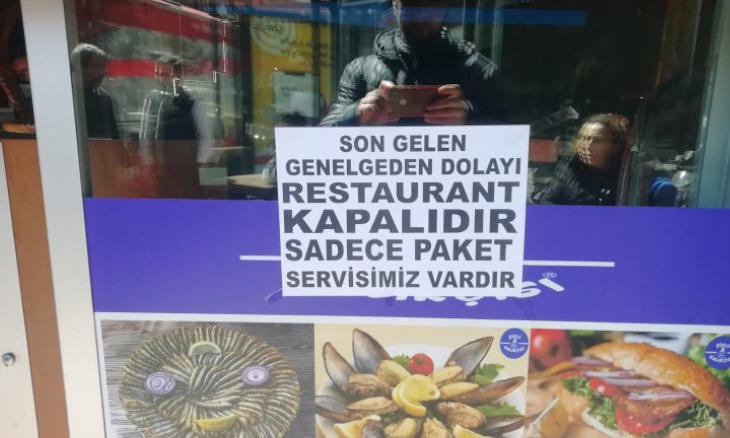
Most businesses in the central district of Şişli were closed, while banks had urged customers via signs on their windows to use their digital services for their banking needs. Only a few people were found on Beyoğlu's Istiklal Avenue while the nearby Gezi Park was completely empty.
After not being able to find anyone to talk to, we found a group of taxi drivers, who said that the virus has hit them the hardest, and that they haven't been able to make enough to pay their license plate fee. Drivers in Istanbul pay the owner of their plates, which are very expensive to obtain, a daily fee for its usage, and they are now complaining that they are not able to cover that amount and that drivers will go unemployed unless the plate fees are reduced.
“We need to talk about forecasts. The virus will get under control. We know this will happen in time, but by the time things start to return to normal, the damage may have already been done. Shopkeepers need to be supported immediately, they must find a way to protect them, otherwise most places will close down. The army of the unemployed will increase even further,” said one shopkeeper in Beşiktaş.
Coronavirus fears takes toll on Istanbul's busiest street
The fear over coronavirus is dramatically evident on Istanbul's busiest street, Istiklal Avenue. People are nervous, everyone is looking at each other suspiciously. One group of tourists has gathered in a circle to pass out disinfectant hand wash. They smile as we take their photograph.
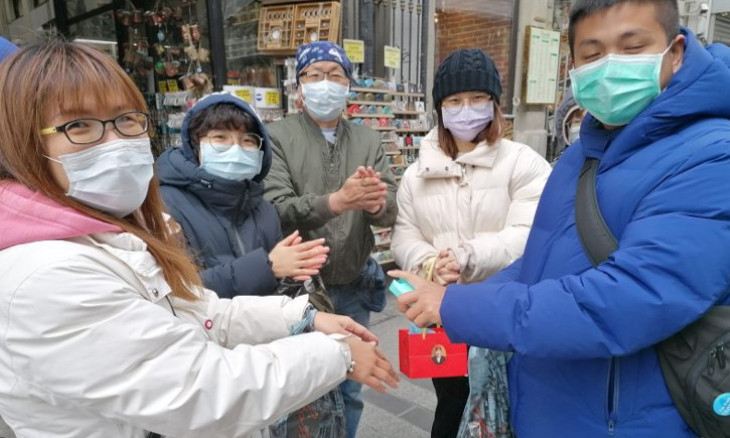
Many of the world's cities sparkling streets and squares are completely empty. Taksim Square is no exception. The same is the case for shopping malls, which are normally filled with people. The cashier at the bookstore of the Yapı Kredi Publishing building near Galatasaray Square is wearing latex gloves.
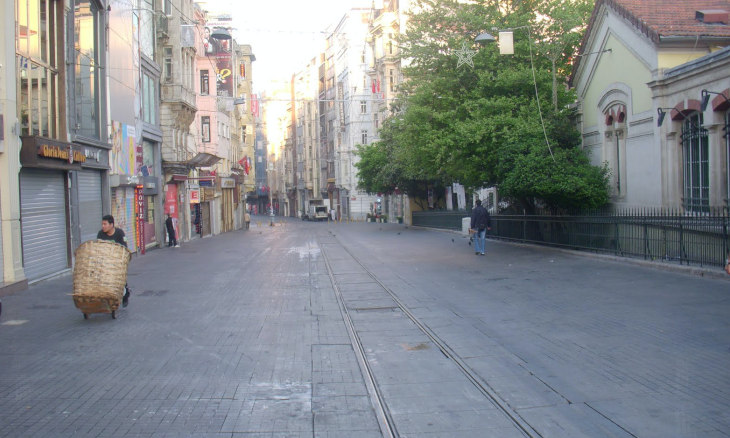
Name-brand chain stores on Istiklal are totally empty. The employees do not want to talk and they direct us to their managers, who say they are disinfecting their stores and protecting themselves based on the available information that has been provided.
The independent Beyoğlu Cinema is closed. Inside the historic Halep Pasajı arcade in which the theatre is located are a number of small shops, including a small jewelry stand owned by Aygül Gezici, who says that though she sometimes only earns 20 TL a day from her shop, it is the only income they have, and now they are afraid to open up for business.
One employee of a döner kebap restaurant on Istiklal Avenue said business has been down for the past week and has slowed to a halt in the past two days:
“If it were up to the workers believe I would close down. There are so many people, how will we be protected from them?” the employee said.
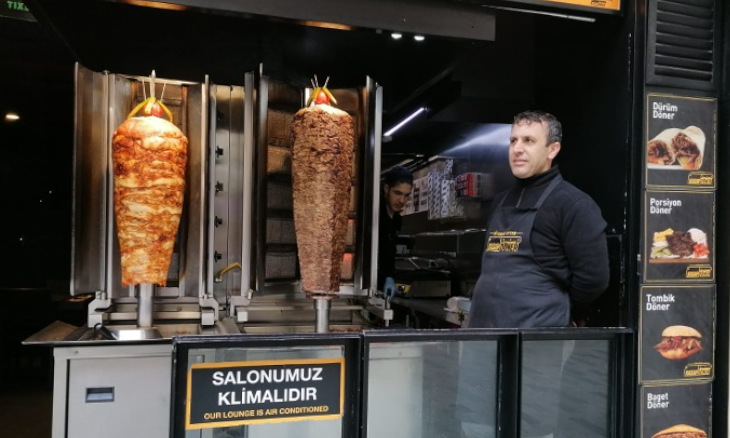
Mehmet Çiçek, who sells midye dolma (mussels stuffed with rice) at the bustling fish market in the Nevizade quarter just off Istiklal said that on Sunday there was no business.
“Because we don't know what will happen tomorrow we cannot prepare. I'm coming from [the Anatolian side district of] Üsküdar. Today the Marmaray [undersea railway] was totally full. People weren't able to board it. If someone was sick there, then everyone will get sick. At the moment there are no precautions in Istanbul! There are children at home. When we get home we are washing our hands and faces but it is not enough,” Çiçek said.
We came across a conversation between a group of meyhane (Turkish taverna which typically serves Turkish alcoholic beverage Rakı) owners. They said that within the past week they have been operating at 30 percent capacity. “We can't close, there is rent to pay. The state needs to do something. One month? Ok, not a problem but they should not request tax or rent. Shopkeepers need to be supported. At the very least we need to know what we can do and what our employees can do. There is a serious problem and serious precautions need to be taken,” one said.
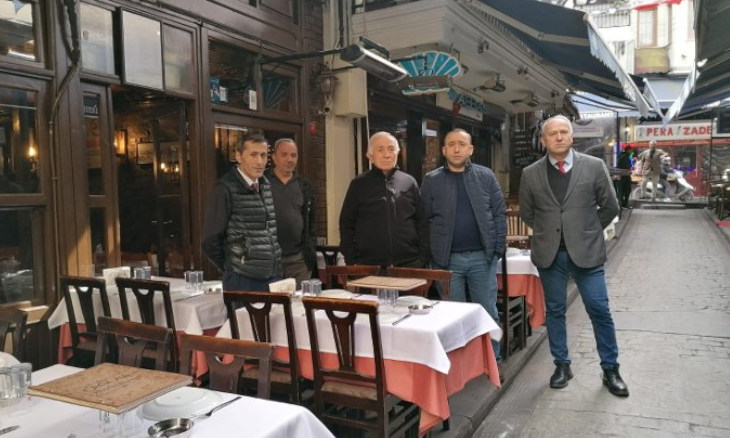
A taxi driver said that he drinks water with lemon every fifteen minutes. He shows his mask, disinfectant materials and lemon water, and says that his doorhandles are clean. He says that he is a Virgo, which means that he is a perfectionist. Despite a decrease in customers, he simply states that he is a worker and he has to continue on.
